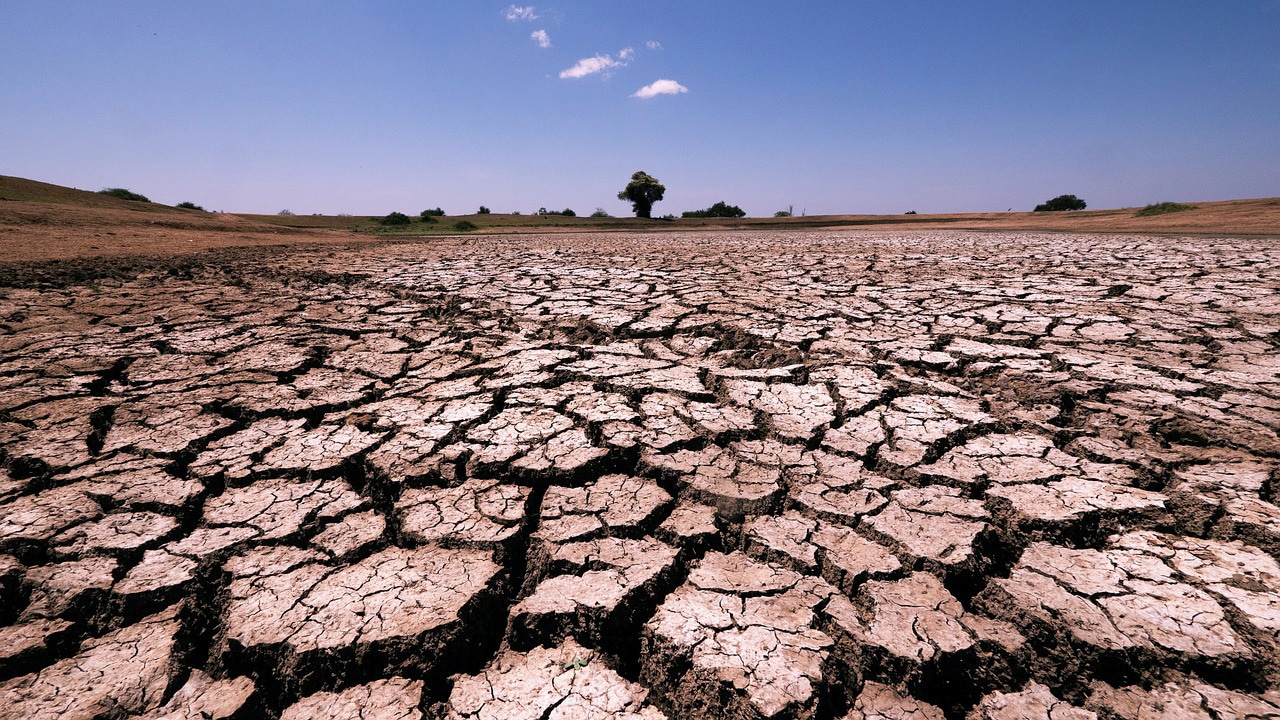It is lagging far behind when it comes to environment and sustainability
By Andreas Charalambous and Omiros Pissarides
The growth of GDP as the main objective of macroeconomic policy is questioned by some analysts, due to the one-dimensional character of the index. As a result, alternative indicators have been developed and put forward that reflect various additional aspects of socio-economic development.
Increasing importance is attached to resilience, which reflects the underlying ability of an economy to confront crises, such as the financial crisis of 2008, the pandemic crisis of 2020 and, more recently, the geopolitical crisis due to the war in Ukraine.
The European Commission publishes, on an annual basis, a report on the resilience of European countries, which covers 17 sections and is based on the evaluation of a large number of statistical indicators.
For Cyprus, the report provides useful information that should be considered in adapting the country’s strategic approach and policies, including the formulation of its annual budget.
Cyprus is ranked in one of the last positions, lagging in terms of resilience, even when compared to countries with a lower per capita income. Regrettably, our country is not considered to have achieved the resilience goals set in any field at European level.
In the social sectors (combating poverty and inequality), health and education, Cyprus presents, in relative terms, a better ranking, which does not imply that weaknesses do not exist in certain aspects. Cyprus is positioned at the same intermediate levels in the economic sectors (standard of living, employment, internet access and so on).
The assessment is, however, extremely low in almost all areas which relate to the quality of the environment and, more specifically, to the use of pesticides in agriculture, the waste of water resources, the low penetration of renewable energy, the problem of sustainability of cities and communities due to, among other reasons, lack of greenery, air pollution, excessive waste generation, pollutant production from the construction of buildings, as well as problems in marine and land biodiversity. Combined with the phenomenon of climate change, these problems will lead to negative long-term fiscal effects.
Cyprus’ assessment in areas such as research expenditure is also extremely low. When it comes to gender equality, the picture is mixed with negative assessments predominating.
The assessment of the resilience of the Cypriot economy confirms that, despite a relatively satisfactory standard of living, a high level of employment and relative macroeconomic stability, as reflected in fiscal surpluses, Cyprus lags behind in the sectors of green economy and technology, both of which are critical for the future.
The channelling of capital through the National Recovery and Resilience Plan, funded by the European Commission, does not seem to significantly change the overall picture, at least to date. It is, therefore, advisable to adopt more ambitious and measurable strategic targets, which should be incorporated into national legislation. A key implementation tool should be the redefining of priorities in the context of the upcoming formulation of the budget for 2024 and the medium-term fiscal framework, taking into account the points mentioned above.
Andreas Charalambous and Omiros Pissarides are economists








Click here to change your cookie preferences